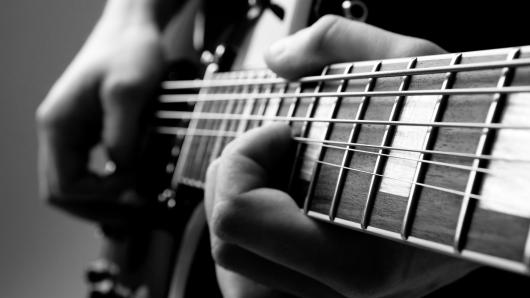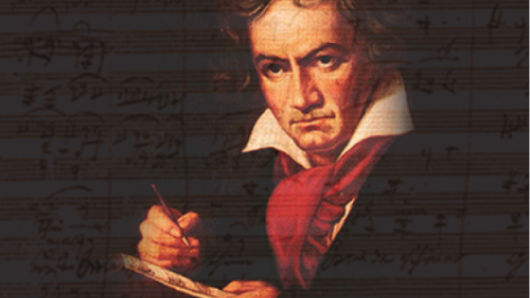Course description
While music is often touted as a universal language that generates social harmony, it also expresses dissent from and resistance to the status quo. This course asks how music works as a type of social and political resistance, and what aesthetic and formal qualities enable it to do so. We explore the relationship between music and resistance in the twentieth- and twenty-first-century United States, in contexts that range from Ma Rainey's defiant blues songs to Lin-Manuel Miranda's blockbuster musical Hamilton. Focusing especially (but not exclusively) on African American music and musicians, we consider how music informs modes of resistance tied to race, class, gender, and sexuality. In addition to asking how music can resist extant arrangements of power, we also consider the types of futures that music can imagine. By examining an array of historical sources, theoretical texts, and sonic archives, students develop the ability to analyze music from a critical and interdisciplinary perspective. There are also opportunities for hands-on and creative projects.





